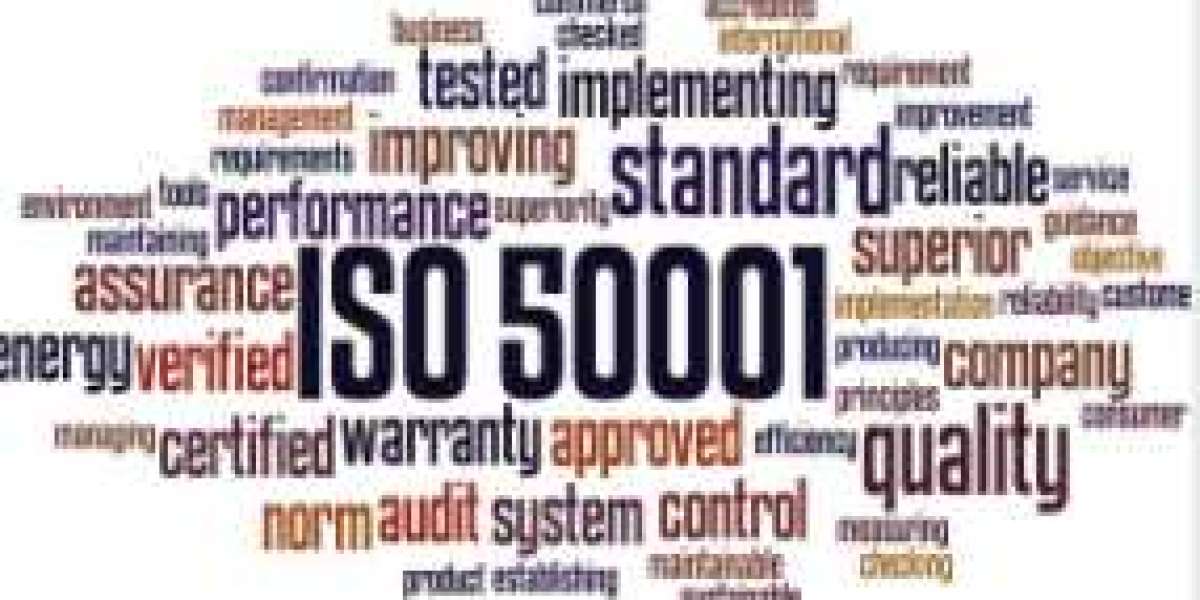Introduction
ISO 50001 is the international standard for energy management systems (EnMS), providing a framework for organizations to improve energy performance, increase efficiency, and reduce environmental impact. Internal auditor training for ISO 50001 is crucial for ensuring compliance and optimizing energy management processes. This article explores the key components of ISO 50001 internal auditor training, its benefits, and the skills required to excel in this role.
Understanding ISO 50001
ISO 50001 sets the criteria for establishing, implementing, maintaining, and improving an EnMS. Internal auditors play a vital role in assessing whether an organization complies with the standard and in identifying opportunities for energy performance improvement.
Core Components of Training
- ISO 50001 Framework and Requirements: Training programs start with a comprehensive overview of the ISO 50001 standard, including its structure, key clauses, and specific requirements. Understanding these fundamentals is essential for effective auditing.
- Energy Management Principles: Auditors must grasp the core principles of energy management, such as energy planning, operational control, and performance evaluation. Training covers these principles in depth to equip auditors with the knowledge to assess and enhance energy performance.
- Audit Techniques and Processes: Effective auditing techniques are central to the training. This includes planning and conducting audits, interviewing techniques, sampling methods, and reporting findings. Auditors learn how to approach audits systematically and professionally.
- Nonconformity and Corrective Actions: Training emphasizes identifying nonconformities, understanding their root causes, and recommending corrective actions. Auditors are trained to ensure continuous improvement in energy management practices.
Skills Development
Training programs also focus on developing essential skills such as critical thinking, attention to detail, and effective communication. These skills are crucial for auditors to perform their roles efficiently and to interact constructively with various stakeholders.
Benefits of Training
- Improved Compliance: Well-trained auditors ensure that the organization adheres to ISO 50001 standards, minimizing the risk of non-compliance.
- Enhanced Energy Performance: Through thorough audits, organizations can identify inefficiencies and implement improvements, leading to better energy performance and cost savings.
- Environmental Impact Reduction: Improved energy management practices contribute to reduced greenhouse gas emissions and a smaller environmental footprint.
Conclusion
ISO 50001 internal auditor training is essential for organizations committed to energy management excellence. By understanding the standard, mastering audit techniques, and developing critical skills, internal auditors can significantly contribute to an organization's energy efficiency and sustainability goals. This training not only ensures compliance but also drives continuous improvement in energy performance, ultimately benefiting both the organization and the environment.






